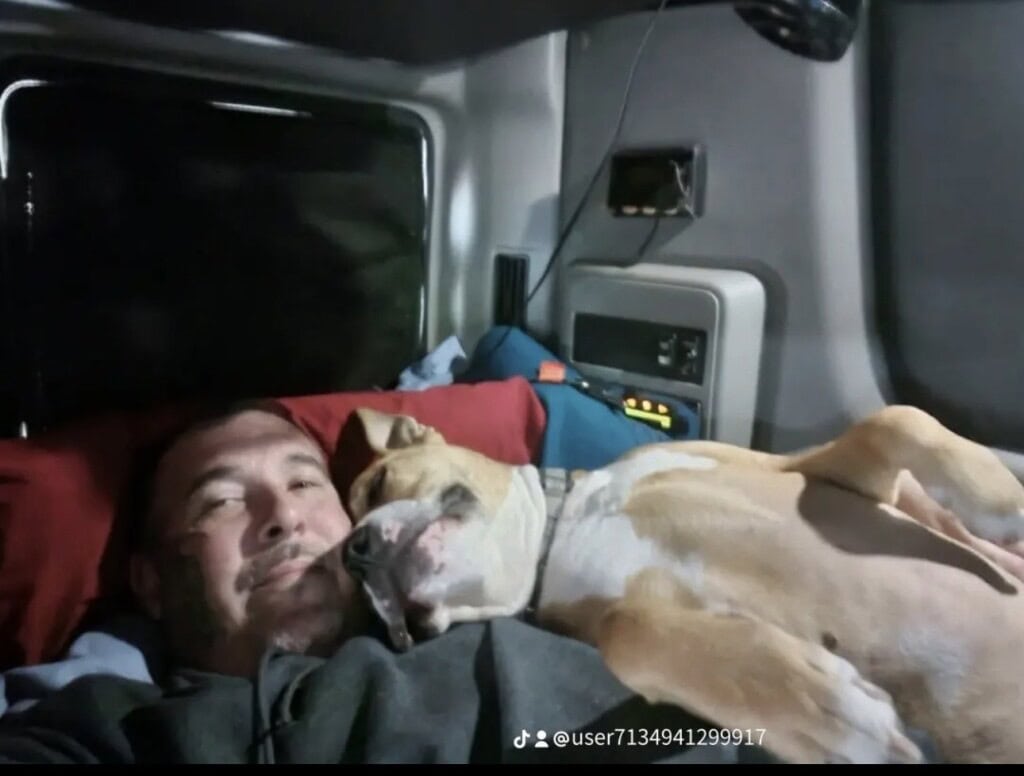Jason Palmer’s story is a chilling microcosm of everything that’s broken in Georgia’s justice system. Wrongly convicted in Camden County Superior Court for murder—with no direct evidence, no DNA, and no murder weapon—he was sentenced to life without parole after a trial that lasted just three days and a jury deliberation of only two hours. His case exposes the vulnerabilities and abuses at every stage: investigation, prosecution, trial, and incarceration.

A Broken Trial, a Rushed Verdict
According to his fiancée, Katie Molleur, the prosecution presented no physical evidence tying Jason to the crime. The state’s case relied heavily on hearsay, problematic testimony, and the social relationships of the victim’s family—who, it’s alleged, had close ties to investigators and even influenced which witnesses were presented to the jury. Notably, Court TV’s coverage muted or omitted the defense’s key arguments, limiting public awareness of Jason’s side and preventing scrutiny of the trial’s fairness 1.
Even more disturbing, the jury included Sgt. Buck Aldridge—an officer with a documented history of violence and use-of-force complaints, and the reviewing supervisor on the very case he was judging. Although Jason’s attorney filed a motion to quash the indictment based on this clear conflict of interest, the motion was denied, further calling into question the trial’s integrity. Aldridge’s presence on the grand jury is a textbook violation of Georgia law, and parallels many of the judicial and prosecutorial failures we’ve chronicled in recent GPS articles about wrongful convictions and ethics reform 2.
Inhumane Conditions at Telfair State Prison
Since his conviction, Jason’s suffering has only increased. Held at Telfair State Prison, he’s reportedly been placed in “the hole” (segregation), denied adequate food, and cut off from phone access for months due to a broken system the warden refuses to fix. Despite being in a life-sentence unit, he still has not been able to add his fiancée as an emergency contact, blocking even financial help for basics like paper and stamps. He has reported severe hunger, witnessing rampant violence (including inmates openly carrying large homemade weapons), and an almost total absence of staff oversight. Katie describes a bureaucracy that hangs up on her, lies to her, and is openly hostile—tactics all too familiar to families who try to advocate for their loved ones.
These conditions echo findings in recent GPS investigations: gang control of prison kitchens, rampant extortion, unaddressed medical and nutritional neglect, and systemic efforts to silence or isolate vulnerable inmates 3. Jason’s ordeal is not an isolated case—it is emblematic of a culture of cruelty and corruption that persists in Georgia prisons.
Still Searching for Justice and Legal Support
Katie’s advocacy—backed by public defenders’ filings and mounting outside support—has already exposed serious flaws in Jason’s prosecution. However, the search for a pro bono attorney to take on Jason’s appeal or habeas petition continues. The complexity and high stakes of his case, coupled with delays in obtaining trial transcripts, make outside legal help essential. Katie and her family continue to gather documents, prepare legal motions, and reach out for help—undaunted by bureaucratic delays and judicial resistance. Their persistence exemplifies the spirit of the recent legislative victories for wrongful conviction compensation4, HB 176 fixing pathways for out of time appeals 5, and Rule 3.8 ethics reforms in Georgia 6.
Their fight is not just for one man’s freedom, but for the accountability and transparency Georgia’s criminal justice system so desperately needs.
A Family Torn Apart

But Jason Palmer is not just a statistic, or a name on a prison roster—he’s a father, a partner, and a human being whose life has been derailed by injustice. Photos of Jason with his daughter show moments of love, hope, and the promise of a future that’s now been stolen. His little girl grows up separated from her father, denied the simple joys of his presence, his hugs, his guidance, and his protection. For her, and for so many other children in Georgia, the consequences of wrongful convictions are felt every day—not in courtrooms, but at empty seats at the dinner table and milestones missed. No one’s childhood should be shaped by a justice system that makes mistakes it refuses to correct. Behind every case file and legal motion is a story of loss—and a reminder that justice must never become so mechanical that it forgets the people at its heart.

Related GPS Articles for Deeper Context
• Guilty Until Proven Innocent: You Will Be Found Guilty
• A New Path to Justice: What Georgia’s HB 176 Means for Incarcerated Individuals
• Wrongful Conviction Compensation Law
• Nutrition Neglect: How Georgia’s Prison Food Is Fueling Violence
• Rule 3.8: Georgia’s New Standard for Prosecutorial Ethics
• Invisible Scars: How Georgia’s Prisons Perpetuate Trauma and Abuse
• A Tale of Two Prisons: What Georgia Can Learn from Norway

- Court TV trial coverage, https://www.facebook.com/courttv/videos/1031158764983633/[↩]
- Guilty Until Proven Innocent, https://gps.press/guilty-until-proven-innocent-you-will-be-found-guilty/[↩]
- Nutrition Neglect: How Georgia’s Prison Food Is Fueling Violence, https://gps.press/nutrition-neglect-how-georgias-prison-food-is-fueling-violence/[↩]
- https://gps.press/justice-at-last-georgia-enacts-landmark-compensation-law-for-wrongfully-convicted/[↩]
- https://gps.press/a-new-path-to-justice-hb-176/[↩]
- Georgia Rule 3.8 wrongful convictions, https://gps.press/rule-3-8-georgia/[↩]
